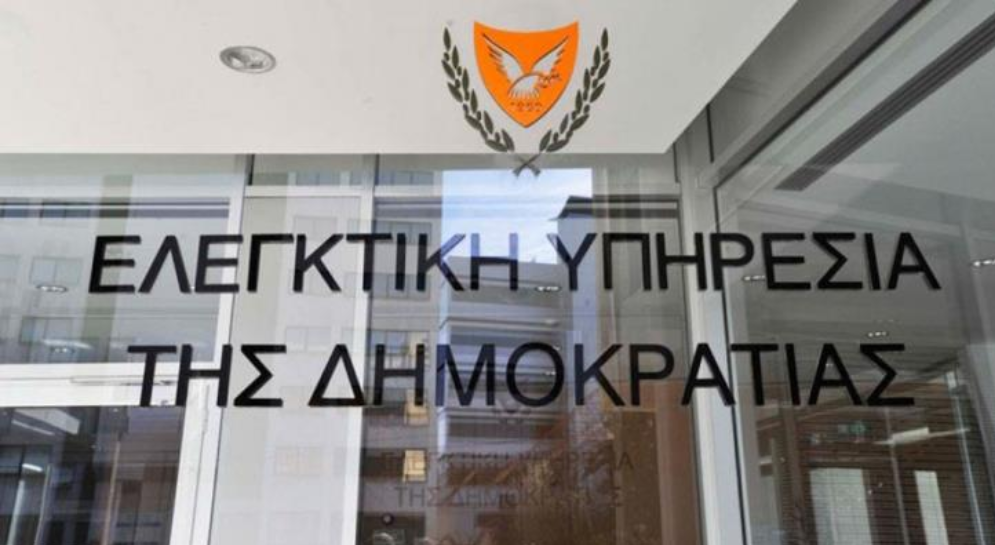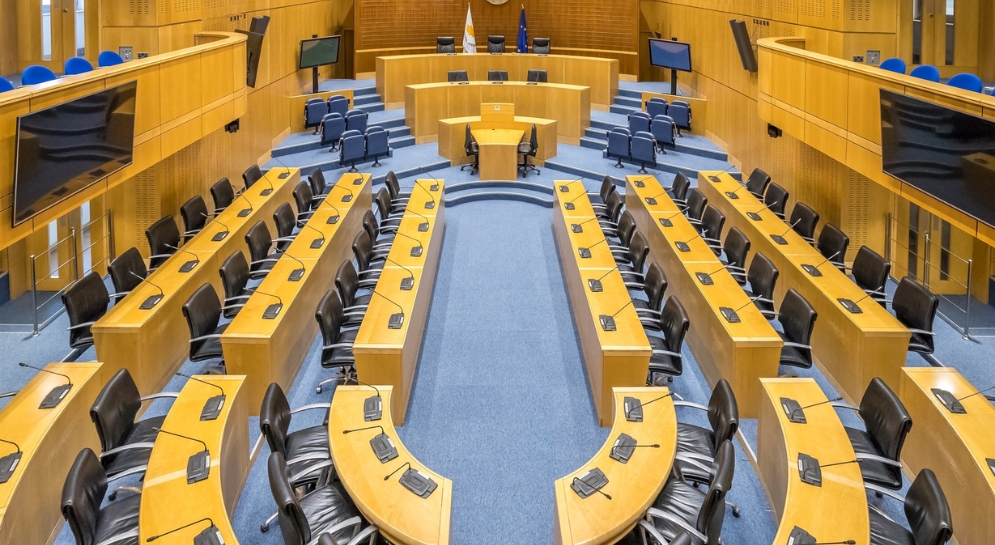
Hate rhetoric poisons society
Statement by AKEL MP Giorgos Koukoumas after the meeting of the Parliamentary Human Rights Committee
24 April 2023
The report released by the ECRI Committee (European Commission against Racism and Intolerance of the Council of Europe) is an extremely important instrument for those states that genuinely want to fight racism, promote human rights and equality. This year’s ECRI report on our country highlights a number of issues where Cyprus is failing or needs to do much more.
Issues of racism and human rights abuses must not only concern us when they are in the news because of some incident that provokes outrage among society – or at least in part of it – and many people are reduced to just issuing verbal denunciations. To bring about real results at all levels – in legislation, in the state’s practices and society’s perceptions – the state needs to elaborate and implement plans and policies according to a road map and a timeframe. With the necessary expenditure and staff. With an evaluation of the results and actions of all institutions and bodies so as to conclude whether they are fulfilling their obligations.
For example, schools – where the character and consciences of tomorrow’s citizens are formed – are obliged to follow a Code for recording and handling racist incidents in schools. Nevertheless, of the 475 schools in Cyprus, only a very small percentage of them submit the relevant report every year – not even a quarter of schools do not do so. To understand the need for this Code to be followed, we point out that the total annual number of reported racist incidents in schools ranged from 124 to 357 for the period 2016-2021. And this is only from the schools that had actually submitted the report.
Another major issue is hate rhetoric, one of the most widespread phenomena that poisons public life and society, reproducing racism and ending up either directly inciting or preparing the ground and conditions for acts of violence to be committed. In fact, the internet has multiplied the negative impact of hate rhetoric. Victims range from football players of African descent or immigrants, women, LGBTI people, Turkish Cypriots, etc. The perpetrators range from ordinary citizens, in football stadiums, on the internet, on the street, up to and including political figures and Church prelates. However, of the hundreds of cases of racism over the years, very few have actually resulted in prosecutions being made, indeed there have been fewer than ten convictions.
There have, however, been serious cases in recent times for which institutions are being scrutinised to see whether they are doing their job.
- The latest message of the Archbishop, indeed circulated on the occasion of Easter, is under scrutiny for hate rhetoric. No one is above the law. The Office of the Commissioner for Administration and the Protection of Human Rights has stated that they are studying the matter and we will await to see their position immediately.
- Last February, an attack by hooded thugs was carried out at an event at the Technical University, an attack that had obvious homophobic motives. If the perpetrators are not identified, prosecuted and punished, can we talk about combating racism and discrimination? Today, as is clear from what we have heard from police representatives, there is nothing tangible in the investigations carried out. I point out that AKEL has already addressed the Minister of Justice, the Attorney General and the Chief of Police asking to be briefed on the progress of the investigations into the attack and the reasons for the delay.




